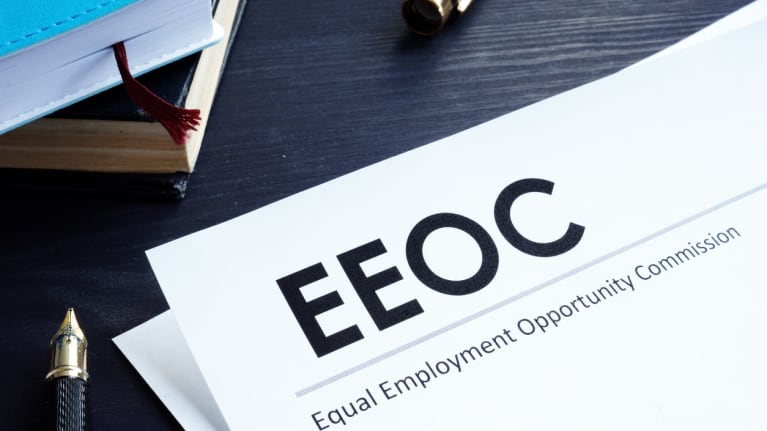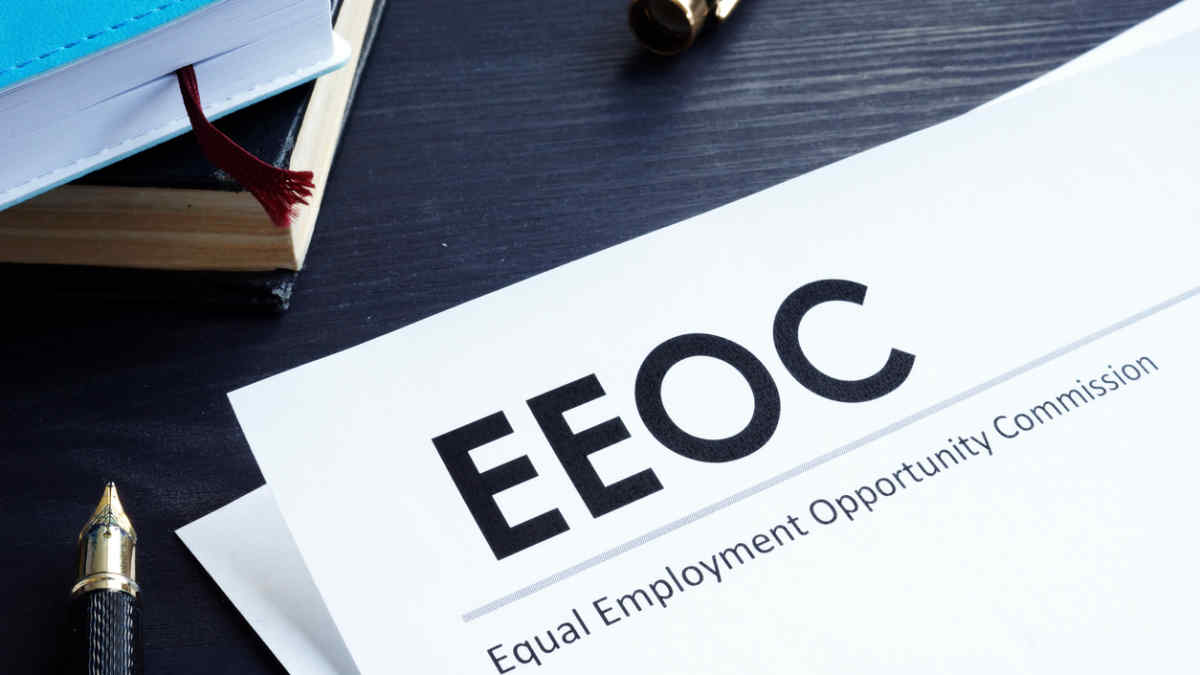

?Takeaway: This case illustrates how a business purchaser can have notice of and therefore successor liability for discrimination and retaliation claims that arose before the sale. This case also underscores the importance of a buyer conducting proper due diligence. With knowledge of any potential liabilities that may exist, the purchaser might decline to buy the business or negotiate different terms, including a lower sales price, to account for this contingency.
?One purchaser of a hotel was deemed a proper defendant based on successor liability while a prior purchaser was not regarding claims that arose under Title VII of the Civil Rights Act of 1964, according to the 10th U.S. Circuit Court of Appeals.
In 2009, Roark-Whitten Hospitality 2 (RWH2) acquired a hotel in Taos, N.M. In May 2014, RWH2 sold the hotel to Jai Hanuman. In September 2014, after issuing cause findings on charges filed with the agency, the Equal Employment Opportunity Commission (EEOC) sued RWH2 under Title VII, alleging that RWH2 subjected a group of Hispanic employees to a hostile work environment and disparate treatment based on race, color and national origin, and that it fired or constructively discharged them after they protested the discriminatory treatment. Upon learning that RWH2 had sold the hotel to Jai, the EEOC filed an amended complaint to include Jai as a defendant based on successor liability. In September 2016, Jai sold the hotel to SGI LLC, and the EEOC filed an amended complaint to add SGI as a defendant, also based on successor liability.
The federal district court dismissed the EEOC’s successor liability claims against Jai and SGI for failure to state a claim in the amended complaints.
On appeal, the 10th Circuit reversed the dismissal of the EEOC’s claims against SGI and affirmed the dismissal of the EEOC’s claims against Jai. In doing so, the 10th Circuit examined the standards for imposing liability on successor corporations for alleged Title VII violations. Potential liability is not automatic, the 10th Circuit explained, and depends on whether the successor corporation had actual or constructive knowledge of the claims against its predecessor when the successor purchased the business.
The EEOC alleged that, in buying the hotel from Jai, SGI had constructive knowledge of the claims. The 10th Circuit explained that constructive notice is subject to a negligence standard—i.e., whether the successor corporation should have, given all the circumstances, been aware of the claims at issue. The EEOC alleged that SGI bargained for a 30-day due diligence period with Jai to investigate the business’s liabilities prior to the sale, that it failed to conduct an adequate investigation and that a reasonable party in SGI’s position would have discovered the EEOC’s claims at the time of purchase. The 10th Circuit held that these allegations, if proven, would suffice to establish that SGI had constructive notice and thus successor liability.
In contrast, the 10th Circuit concluded the EEOC did not plead sufficient allegations to state a claim that Jai, in buying the hotel from RWH2, had actual or constructive notice. The 10th Circuit found the EEOC’s “threadbare” allegation that Jai “had notice” of the EEOC’s claims at the time of purchase was too conclusory to properly plead successor liability. The 10th Circuit also rejected the EEOC’s argument that Jai could and should have learned of the EEOC’s claims through an Internet search. The 10th Circuit concluded that the EEOC did not make any factual allegations that Jai, unlike with SGI, failed to exercise reasonable diligence in discovering the EEOC claims or had a purchase agreement that included a due diligence clause. As such, the EEOC failed to meet the federal court standard for alleging Jai had constructive notice.
EEOC v. Roark-Whitten Hospitality 2, 10th Cir., No. 20-2023 (March 10, 2022).
Kenneth J. Diamond is a shareholder with Winterbauer & Diamond PLLC, the Worklaw® Network member firm in Seattle.

